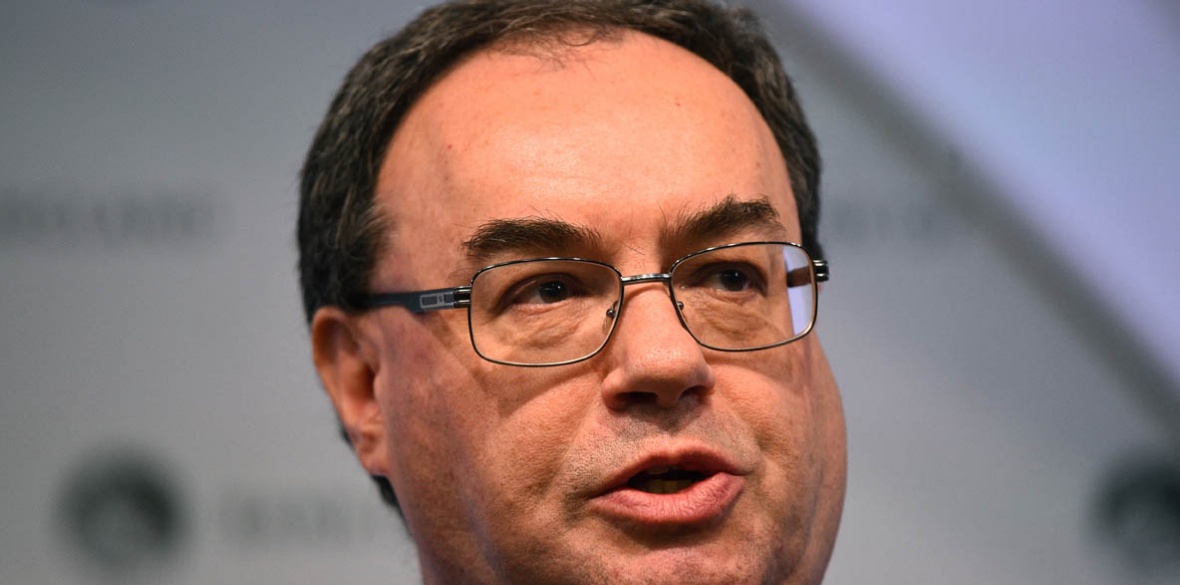TODAY the Chancellor of the Exchequer appointed Andrew Bailey as the new governor of the Bank of England.
But let us dwell first on Sajid Javid. Before he went into politics he, in the time-honoured Tory fashion, made his millions as a managing director at Deutsche Bank.
Over the years Deutsche Bank has had many prominent clients. The Gestapo for one — it loaned the money to build Auschwitz extermination camp — and the adjacent IG Farben factory which grew its profits with a convenient supply of slave labour nearby.
Broken up on the defeat of the nazis, by 1957 it had been reassembled as a single entity before absorbing a bundle of British and US firms before becoming the vehicle which propelled Javid to No 11 Downing Street.
Deutsche Bank was deeply implicated in the speculative disaster that culminated in the 2008 financial crash.
We have it on the impeccable authority of the US Senate permanent select committee that just as the market was collapsing — and the bank’s senior collateralised debt obligation (CDO) trader was pooh-poohing such “investments” and speculating against mortgage bonds in its CDOs — Deutsche Bank continued to promote dodgy CDO products to investors.
This is the world which the Bank of England is supposed to regulate. Bailey is a BoE insider, having spent 30 years in Threadneedle Street, and is currently the chief executive of the Financial Conduct Authority.
He is undoubtedly a clever and industrious bloke and will have been chosen because he has the training, experience and knowledge to assure the key decision-makers in our ruling elite that their system is safe in his hands.
Shadow chancellor John McDonnell is not so sure and said: “As an Establishment figure with what some consider is a less than inspiring record at the FCA, Andrew Bailey will need to demonstrate early that he appreciates the need to to address the deep structural problems of our economy.”
McDonnell is being generous, as is his nature.
The deep structural problems of our economy are precisely that the banks have too much power, that they are too lightly regulated, that they serve the narrow interests of a class that has as its bottom line not the wellbeing of our economy but shareholder profit.
Banks do not serve well the investment needs of productive industry and enterprise but rather the short-term profits that arise in an economy in which rational decision-making has been abandoned to the twin dangers of speculation and untrammelled capital flows.
It was Gordon Brown, in his haste to assure the City of London that New Labour had no designs on their pomp, profits and prerogatives who made the Bank of England “independent” of government.
Given the unholy mess that the global financial system got us into on his watch, we might have thought tighter control and a more rigorous regulatory regime might be a sensible policy option even for one who had no intention of challenging private capital's ownership of “the means of production, distribution and exchange.”
A government that has no intention of expropriating the banks — or even clipping the wings of bankers — can allow the Bank of England as much freedom from state control and government intervention as it likes.
And the Bank’s own system of governance and its monetary policy committee are unlikely to find among their members many voices for an assault on private ownership.
But public ownership of banks and state direction of investment is precisely what is needed if the systemic problems of British capitalism and the threat to our planet are to be tackled.












